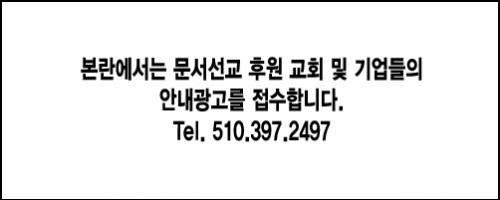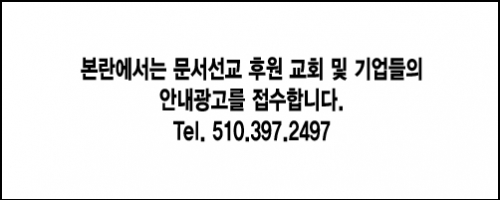
"All that is necessary for evil to triumph is for good men to do nothing" - Edmund Burke -
“You are the salt of the earth… the light of the world” Mat. 5:13-14 (NIV)
On a recent radio program, the hosts investigated the psychology behind whistle-blowers.
As we become more and more aware of unethical behaviors engaged by both commercial and government agencies, the host wondered why aren’t there are more whistle-blowers.
In a recent survey of 30,000 Americans, almost 20% of the respondents reported that they were witness to conduct that breached the established code of conduct or similar unethical behaviors, but only about half of those had reported that behavior to their management.
It was believed that ethical leadership displayed by the management empowered those in the organization to act morally and ethically.
If the leaders of a business or organization were to behave in an ethical and moral manner, they would set an example for those working for them. However, that was not necessarily the case in the real world.
Wanting to find out whether or not peers, and not management, have more influence in way which we act, David Mayer, a researcher from University of Michigan, set up an experiment involving some 100 adults.
Each subject in this experiment was asked to work with a group to come up with a solution to a problem.
If they solved the problem, they would receive $300 reward.
They were given some rules, one of which was that they were not to use the internet.
During the experiment, one of the volunteers would say that they could use their iPhones to get around the rules.
Then, as part of the experiment variable, some of the coworkers would react to that in an ethical manner and say that using the iPhone would be breaking the rules, and in others, unethically.
At the end of the experiment, the subject surrounded by ethical coworkers were twice as likely to report that there was a problem during the course of experiment than those subjects surrounded by unethical workers.
“About 20 to 25 percent of people just tend to do the right thing, regardless of the environment.
And then I think maybe we get 10 to 20 percent who might just be a little bit more likely to do that self-interested thing.
And then the majority of us follow in this area in the middle.
And I would say really good people, who fall in this area in the middle, but are just heavily influenced by their environment,” says David Mayer on a recent radio interview.
However, what Mayer and other social scientists found in the results of their studies, Christ has been exhorting us to do some 2000 years ago.
We, as believers, are called to be the salt of the earth, the light of the world.
If, indeed, our peers, coworkers, friends, and colleagues are influenced by our actions more so than the actions of those that lead us, then so be it.
Each and every one of us has had that burden to be the salt and the light.
Now there are empirical evidences to support that burden.
Indeed, if our own actions help others to act ethically, then it is imperative that each of us bear that burden.
What we do, small or large, affects not only us individually, but collectively.
As we act ethically and morally, like the salt and the light, we have a profound impact on our colleagues and peers, friends and family, and strangers alike.

특집기사보기
| 463 | "한국교회 바뀌지 않고서는 미래로 나아갈 수 없다" - 세월호 참사 이후 한국교회 방향 모색 세성협 목회자 좌담 | 2014.06.18 |
| 462 | <아버지날 초대칼럼> "무면허 아버지의 7가지 운전스타일" | 2014.06.18 |
| 461 | <구원파 대해부> (7) 전문가 좌담 - "지금처럼 이단 활개치는 시대 없어, 한국교회 책임감 느껴야" | 2014.06.04 |
| 460 | <구원파 대해부> (6) 구원파의 몰락 - “과도한 돈 집착 잘못”… 심상찮은 내부 동요 | 2014.06.04 |
| 459 | <구원파 대해부> (5) 오대양 사건과 구원파 - '오대양' 박순자는 세모 사채 모집책일뿐... | 2014.05.21 |
| 458 | <구원파 대해부> (4) 구원파 폐해, 그 실태는 - “영생 주셨는데 보답 않나” 헌납 강요 | 2014.05.21 |
| 457 | <구원파 대해부> (3) 사업에 주력하는 구원파 - 기업체만 20여곳… 종교는 명분이었다 | 2014.05.14 |
| 456 | < 구원파 대해부> (2) 구원파의 성장 - “기업이 곧 하나님의 일”… 헌금 받아 사업자금 | 2014.05.14 |
| 455 | < 구원파 대해부> (1) 구원파의 역사·계보·교리 - 유병언, 극동방송 잠임해 교리설파 장인과 합작한 이단... 교계서 활동하다 쫓겨나 | 2014.05.07 |
| 454 | [화해 & 치유의 길] 1200만 크리스천부터 용서·회개의 촛불 들라 | 2013.12.11 |





